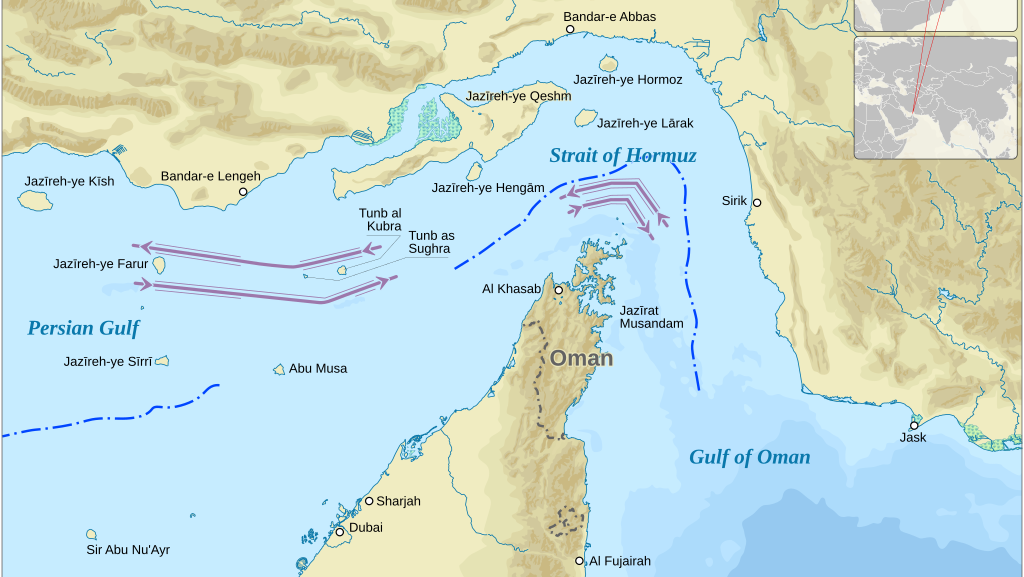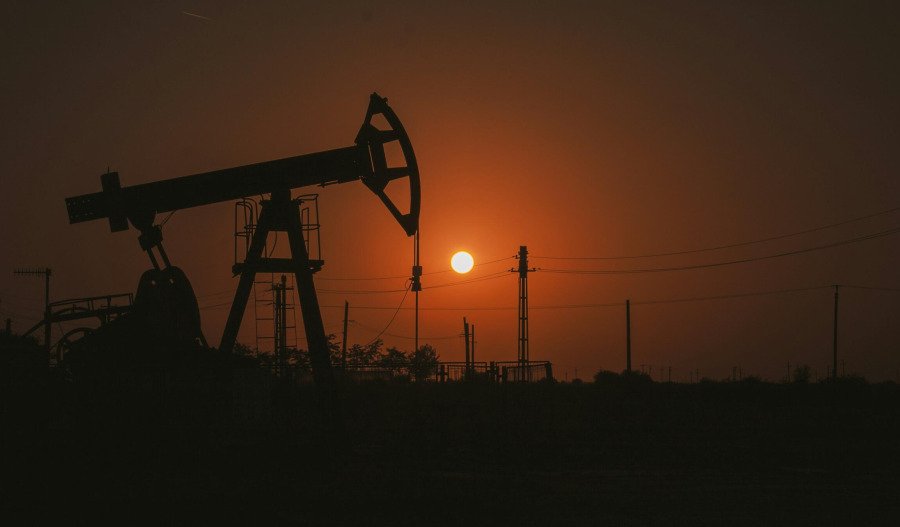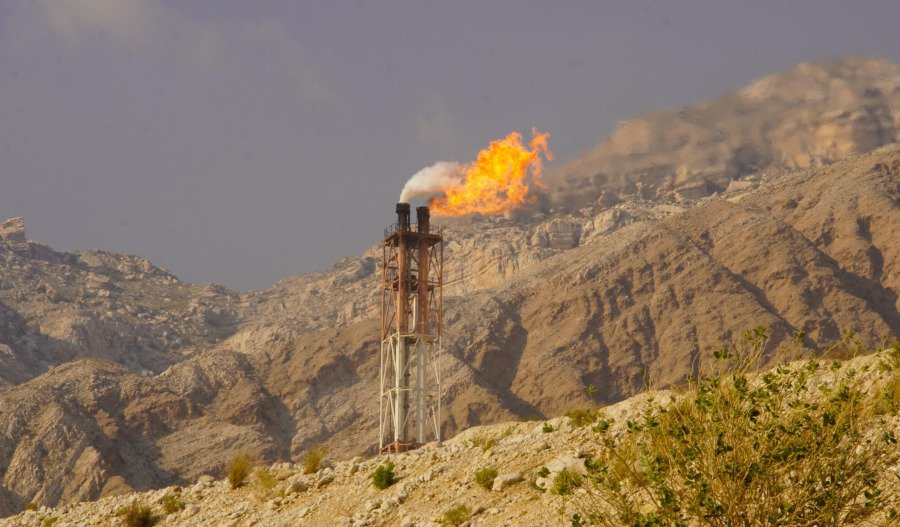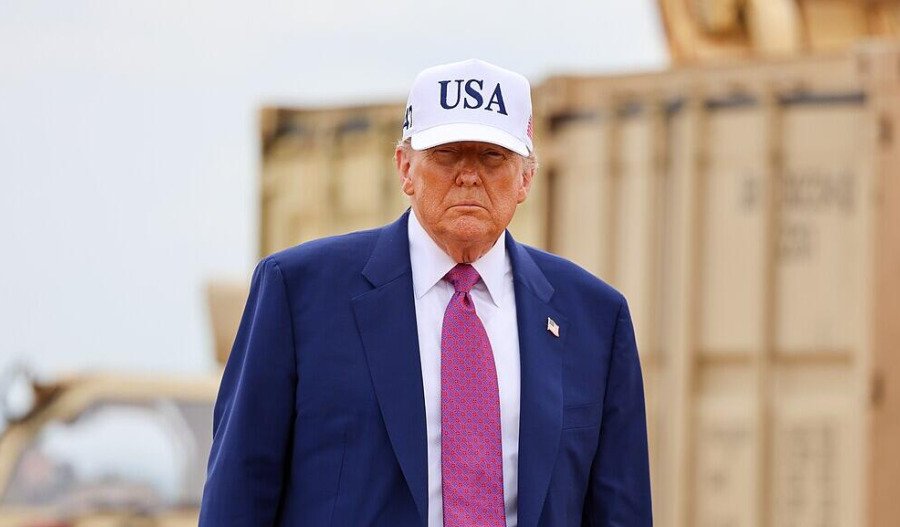Global oil trade is staring down at its most perilous chokepoint.
Iran’s parliament has voted to close the Strait of Hormuz — the narrow corridor through which roughly 20% of the world’s daily oil supply flows — in retaliation for United States airstrikes on its nuclear facilities.
While the final decision rests with Iran’s Supreme National Security Council, the move signals Tehran’s willingness to weaponise energy flows amid an escalating conflict.
U.S. Secretary of State Marco Rubio warned that such a closure would be “suicidal”, while urging China to intervene diplomatically. Analysts say even the threat of disruption could spike oil prices by 30–50%.
The U.S. entered the Israel–Iran conflict on Saturday with a dramatic show of force, striking Iran’s nuclear sites at Fordo, Natanz, and Isfahan using bunker-busting bombs and cruise missiles.
President Donald Trump declared the mission a “spectacular success”, claiming it took “the bomb right out of their hands”.
Vice President JD Vance stressed that the U.S. is “not at war with Iran”, but with its nuclear program — a distinction that has done little to calm Tehran or its allies.
Iran’s President Masoud Pezeshkian has vowed the U.S. “must receive a response”, echoing warnings from military officials that U.S. bases in the region could be targeted.
Israel, meanwhile, has intensified its own campaign, launching airstrikes on dozens of Iranian targets, including a long-range missile site in Yazd — the deepest strike yet at 2,200 kilometres from Israeli territory.
Israeli officials have openly stated their goal is to destabilise the Iranian regime, with senior military leaders suggesting the campaign could trigger its collapse. Such a scenario, JPMorgan analysts warn, would have seismic consequences for global oil markets.
The United Nations condemned the U.S. strikes as a “perilous turn” in an already volatile region.
Yet markets across the Middle East ended mostly higher on Sunday, buoyed by investor confidence in U.S.–Israeli coordination and the absence — so far — of direct Iranian retaliation.
Still, the spectre of a broader regional war looms large, with Gulf energy infrastructure and tanker traffic now in the crosshairs.
For global investors, the calculus has shifted.
The Strait of Hormuz is no longer just a strategic waterway — it’s a geopolitical tripwire.
As tensions escalate and rhetoric hardens, the risk premium on oil is rising fast.
The next 72 hours could determine whether this crisis remains a controlled burn — or ignites a full-blown energy shock.
Related content
- Wong says Australia supports US strikes on Iran's nuclear facilities
- Global markets are on edge after Iran attack, ASX poised to slip
- Trump's Republican critics denounce strikes on Iran's nuclear sites
- Iran says it reserves all options after ‘outrageous’ U.S. strikes
- Shipping threats around Arabian Peninsula rising
- What could a blockage from Iran mean for Australian fuel prices?



